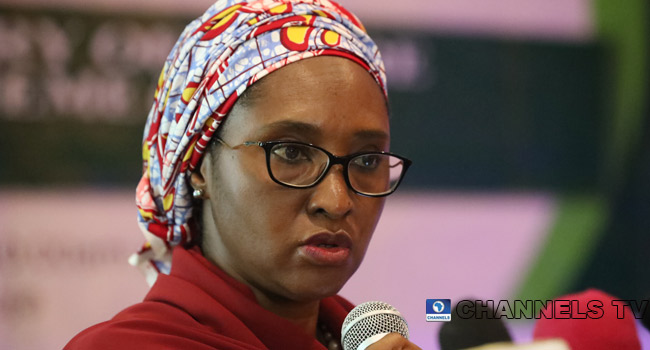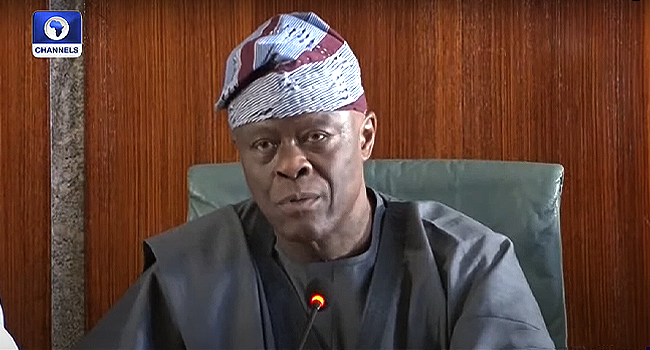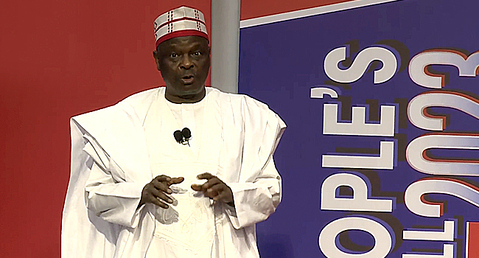The Minister of Finance, Budget and National Planning, Zainab Ahmed has again defended recent borrowings by the Federal Government, insisting they were instrumental to the country’s exit from recessions.
She said this on Friday during the Public Presentation and Breakdown of the 2022 Appropriation Bill.
“Having witnessed two consecutive recessions, we have had to spend our way out of the recession which contributed significantly to the growth of our public debts,” the minister stated in Abuja, one day after President Muhammadu Buhari presented the Appropriation Bill to the National Assembly.
“It is unlikely that our recovery from these recessions would have been as fast without the sustained government expenditure funded partly by debt.”
Before now, the minister had said Nigeria will fund its 2022 budget deficit, pegged at N6.258 trillion, through fresh borrowings.
The move was greeted with controversy across the country. Critics and members of the opposition said the development, as well as other borrowings by the Federal Government, call for concern.
“Our party holds it as an act of wickedness that individuals who know that they will be leaving office in less than two years will be accumulating debts instead of seeking ways to reduce the liability they have brought upon our nation,” the Peoples Democratic Party (PDP) said following Buhari’s request for approval to borrow $4 billion and €710 million to fund the deficit in the 2021 budget.
RELATED
Nigeria’s Debt Still at Sustainable Level, Says Buhari
2022: Five Major Areas Nigeria’s Loans Will Be Focused On
2022 Budget: FG To Borrow More To Finance N6.258trn Deficit
Technically At War

But Zainab has explained that borrowings have helped the government in providing infrastructure to boost the economy.
“Borrowings are essential to enable us to deploy necessary capital expenditure and invest in human capital development,” she maintained.
According to her, with the country’s rising levels of insecurity, the government had to resort to borrowing.
“To compound matters, the country has technically been at war, with the pervasive security challenges across the nation,” the minister added.
“This has necessitated massive expenditures on security equipment and operations, contributing to the fiscal deficit; Defence and Security sector accounts for 22% of the 2022 budget!”
She further allayed fears over Nigeria’s debts, insisting the “debt level of the Federal Government is still within sustainable limits”.




